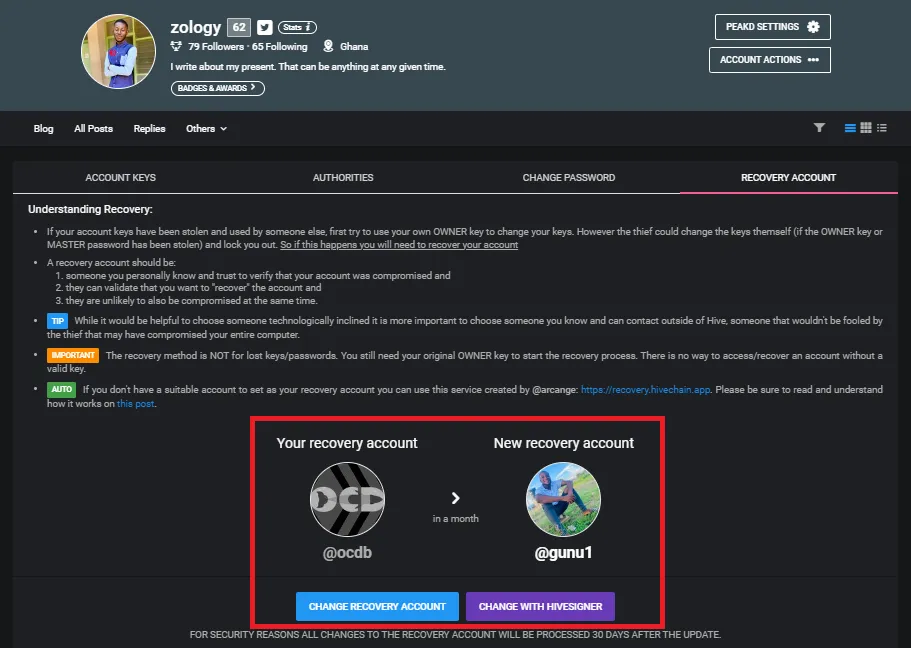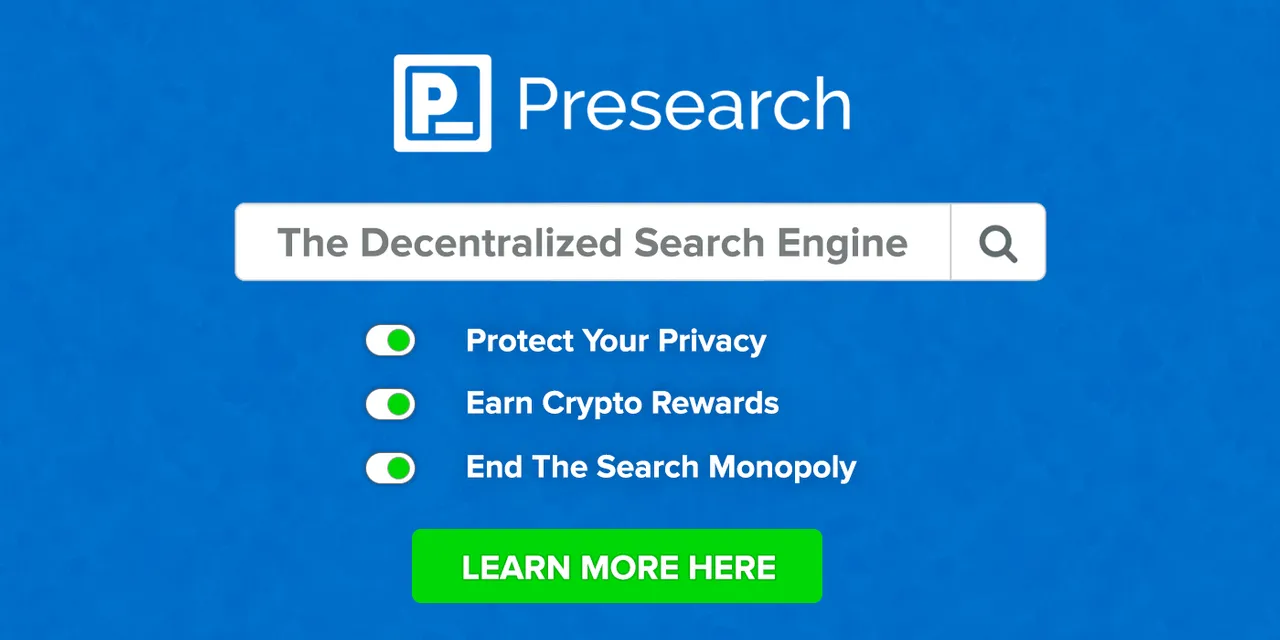Hey guys, it’s depressedfuckup here submitting a late presentation of my newbies initiative week 3 task. This week, I’ve been caught up with some offline activities(farm and some issues regarding my national service posting ) and that’s why I’m submitting this task late. As a matter of fact, I started writing this post inside a taxi on my way home from Tamale. I apologize for the late presentation of my task. Now onto to the task at hand.

Image designed by @projectmamabg
In everything we do as humans, security is always an important concern. This is especially the case in scenarios where money is involved. Technology has made things super easy, and we’ve always seen that as an advantage. But is that all it is? What about the other advancements in tech that has made things easier for cyber thieves like hackers? What do we do about their attacks to protect our funds?
Hive happens to be one of those platforms where monetary value is associated. And wherever money is online, hackers and cyber thieves follow.

How do we keep our Hive keys safe then?

Everything that connects you to the internet in any way is susceptible to hacking. So we can rule out all clouds and online safes and stuff like that. The rule of thumb is, the more offline the method of storage, the better and safer your keys and account are. So my protective methods are going to focus on preventing cyber threats since those are what your account is susceptible to.
Clouds are not safe
Many people put a lot of faith in Gmail and similar online data-storing services, but even those are susceptible to hacks, and on the occasion that they are hacked, your Hive account will be in the hands of a new owner. So we’ve established do not store your keys on clouds. Now let’s talk about the dos.
The old-fashioned way
You’re not going to like what I’m about to recommend you do, but I’m going to say it anyways because I see it as one of the safest ways to store your keys. Do it the old-fashioned way. WRITE THEM OUT ON A PIECE OF PAPER. I know, I know. That’s tiring, but I’m pretty sure you’d much rather be tired than lose your hard-earned funds.
Storing Private Keys on a Ledger
Another thing I would recommend (but only for people who can afford it) is saving your keys on a ledger. Ledgers are basically devices like pen drives but specifically made to save seed phrases and private keys. They’re totally disconnected from the internet, so out of reach of hackers. I learned about ledgers a few months ago from the TikTok live of some crypto millionaire called Calvin (his TikTok is @powerofpublish).
However, if you can’t afford a ledger, a relatively cheaper way to store your keys could be on a pen drive. But that will have to be one very reliable pen drive because your keys and your account for that matter are gone when you lose the pen drive.
A medium-risk way of storing them could be on your phone or laptop, as those are not directly online. Basically, the idea is the more offline the storage method is, the better and safer.
Committing your keys to memory
You could try memorizing your keys too if you think you have the head for it. This might be the safest way to save your keys. But we both know that’s too much work than you’ll want to do. Maybe one key will do too if you can. Memorize your owner key, the most important of all your keys, and I’ll be explaining why it is later.
Only use trusted tools even on Hive
There are many tools and apps that claim to protect your passwords and keys but are either actually developed by hackers to steal people’s keys and accounts, or are developed by genuine people but are very susceptible to hacking. None of these are any good. The best way to avoid your keys from getting stolen even on-chain is to only use trusted tools like HiveSigner and HiveKeychain.
If it seems too group to be true, it probably is.
This obviously doesn't apply for all situations, but most often than not, hackers and thieves on Hive leverage on newbies' desire to win cheap Hive or cheap money, and leave on their posts Phishing links claiming they'll be given airdrops of some coins or that they won some amount of Hive and to claim it, they needed to click a certain click to go to the claim page. Nobody gives out free money on hive unless it is in the form of a tip as an appreciation of a post you published. But even in that case, they wouldn't require you to enter any of your keys to claim the tip because your username(which is on your profile) is all they need to send the tip. Don't fall for these phishing links people!

Checking your recovery account

Even though I’m not much of a PeakD user, I didn’t struggle with checking my recovery it’s a simple process which you can go through in just 4 basic steps. Navigate to your profile on the PeakD frontend, tap on Account Actions and select Keys and Permissions. Then you can see your recovery account at the bottom. By default, mine was set to @ocdb.

The account recovery procedure.
The account recovery process is a short and simple process of 3 steps. After ensuring that you’ve setup a trustee, head on to this tool by @reazuliqbal.
On the homepage of the tool, you need to first generate a new owner key using a password you’re given there and your username.

The next thing you do is to backup both the password and the newly generated owner key and send the owner key to your trustee. The final step is to enter the hive username of the account to be recovered, the new password you generated earlier when generating the public owner key, and an old password not older than 30 days.


My account trustee and why I chose him


I changed my account trustee to @gunu1. I put a lot of factors into consideration when I was choosing my account trustee. My personal relationship with him, the fact that I know him in real life and that I trust him, how easy it will be to reach him if I ever needed to initiate an account recovery process, and the chances that he’ll steal from me. The answer that came out of every factor I considered indicated that it should be him.
@gunu1 is my friend, a distant relative (I’m his uncle) in real life, and we live close to each other. I trust him with a lot of things that are mine, and he does with his. I didn’t just choose him because it would make it easier for me to reach him if I needed to recover my account, but so that in the event that something ever happened to me, my family will have a way of reaching the money I have here.

Hive Keys and their use cases

On account creation, you’re given a pdf file that contains 4 keys. 5 if you count the master password. Each of these passwords are unique to one Hive user and helps the blockchain identify who is doing what transaction. Let’s talk about the keys and what they do.
Private Memo Key: This key has a very basic function of encrypting and decrypting messages. If you were to send a memo or message to someone and didn’t want anyone else reading it, this key is what you use to encrypt the message, and the only other person who will be able to read this message will need to have the memo key as well. So, let’s call this the secret chat key. For now, this key is not that important on hive and you can go a long time without ever using it. However, some crypto exchanges like the Huobi exchange require you use this key as your memo/tag when withdrawing Hive from them onto the Hive blockchain.
Private Posting Key: The private posting key is the key used to perform basic tasks like logging into your account, posting, commenting and upvoting. We can liken it to your Facebook password since these are basically what you do on Facebook.
Private Active Key: This key is concerned with monetary actions. Anything that takes money out of your account or converts it from one form to another uses the active key. So transferring funds to other users, powering up and powering down, placing and canceling internal market orders, and voting for witnesses all use the active key.
Private Owner Key: I call this key the factory reset key because it can reset all your keys in case you suspect malicious activity in your account or if you ever feel like your account is hacked. This key needs to be the most protected key because even though each key has its use, the owner key can change the key altogether and the old private keys will lose their function.
I want to thank the people behind the newbies initiative for the opportunity they’ve given me and other newbies to learn under the guidance of our various team leaders, and special thanks to my team leader and mentor, @nkemakonam89. I hope you're not too mad:)
Who Authored This Post?

I am @depressedfuckup. The story behind my weird username is in my intro post if you have the time to read. I am a newbie and a content creator on Hive and a Biochemistry student outside of Hive. I write about my present, generally things going on with or around me. Please give this article an upvote and a reblog if you liked the content and leave a comment if you have something to say about it. Thanks for visiting my blog, have a great day!

